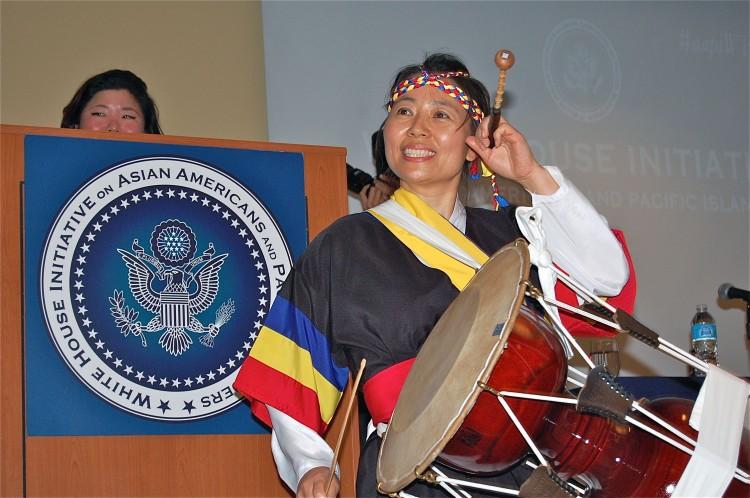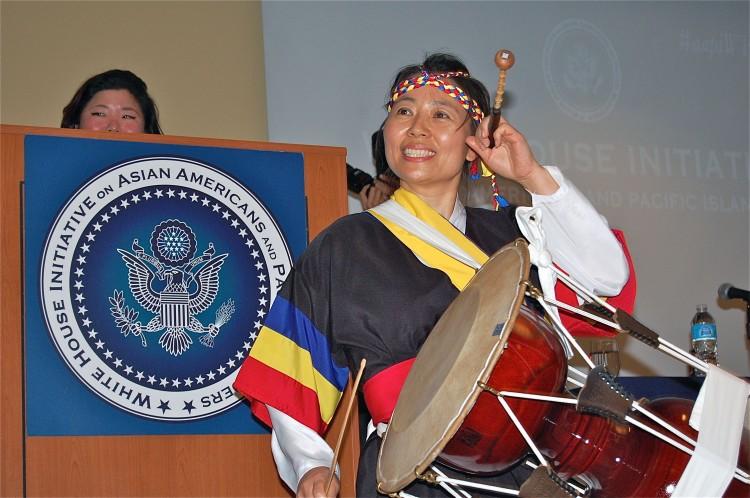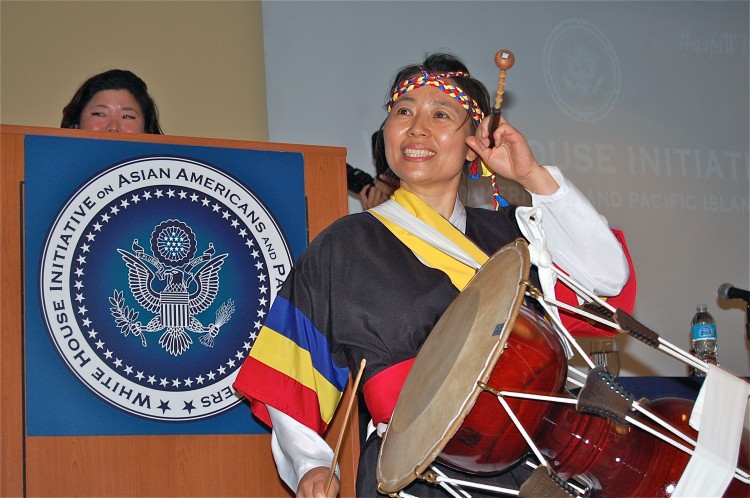Mary Silver/Epoch Times Staff
ATLANTA—For the first time, the White House sponsored a regional Community Summit on Asian Americans and Pacific Islanders at Emory University in Atlanta, Ga., March 16. People came from as far away as Miami, Fla., Mississippi and Louisiana; some in chartered buses.
They told stories about immigration problems, health care needs, caring for elders, language barriers, predatory lending, problems getting government contracts, bullying, and the value of education.







